|
“Parasite” is Both Bizarre and Brilliant ... and Not to be Missed For fans and followers of director Bong Joon-ho (“The Host,” “Mother,” “Snowpiercer”), you are truly in for a treat with his latest feature, and for those new to this creative genius, welcome to the wonderful creative world of this critically acclaimed filmmaker. “Parasite,” which just completed its festival run at the Mill Valley Film Festival 42 and won the Palme d’Or at this year’s Cannes Film Festival, is a dark comedy thriller that is as peculiar and startling, as it is well-crafted and intriguing. The story revolves around an impoverished family of four, living in small, dirty and cluttered basement apartment in a South Korean neighborhood. The parents are unemployed and their twenty something children, a younger smart son, and crafty and cynical daughter, drift from school and piecing together odd jobs to keep the family afloat. Despite their circumstances, they have easy-going dispositions and a strong sense of camaraderie. But they are broke and desperate. As such, when the son, Kim Ki-woo (Woo- sis Choi) is given the opportunity to be an English tutor to the high school daughter of an affluent family, he reinvents himself, doctors his resume, and lands the job. Early on in his tenure, he endears himself to the well-meaning, slightly neurotic stay-at-home mom, Park Yeon-kyo (Yeo-jeong Jo), convincing her that her young son needs an art therapist to develop his talent and calm him down. He recommends his sister, Ki-jung (So-dam Park) without identifying her as such. Ki-jung has zero qualifications as a therapist, but like her brother, she cons her way into the Park family employment. Through series of situations, mostly created by the siblings, the entire Kim family is soon integrated into the unsuspecting rich family’s life. The father chauffeuring the husband who is a successful and insensitive businessman, and Mrs. Kim is cunningly put in place as the new maid. None though are known as family to their employers. As far as the rich family is concerned, the new employees are relatively strangers to one another. The Park family is, for the most part, grateful for each new hire, and the Kims can hardly believe their sudden windfall. Although they are convinced, the best is yet to come, their ill-gotten gains may turn on them. How the stealthy Kim clan scheme their way into the Park household and secure new-found finances is only a portion of what makes up this one-of-a-kind drama. The second half of the film takes a decidedly dark turn, stirring up social issues along the way. Between the haves and have nots, almost no character is endearing or redeeming. In fact, most are despicable. While this would normally make it hard for audiences to connect within any other film, it works for “Parasite.” You may not sympathize with anyone, but you are invested in all characters and each plot point. Between the Kims and the Parks, the performances from every actor is precise, believable and absorbing. As to the script, at every turn there is a revelation. How Bong subtly explores cultural dynamics and weaves social issues along the way defies explanation. This is yet another example of him deftly mixing genres, while also developing fully realized characters to tell complex and rich stories. While “Parasite” makes perfect sense as part of his repertoire of the absurd- the look, the feel, the characters- it somehow manages to stand out. Just when you thought a Bong Joon- ho movie couldn’t get more weird or wonderful, he delivers a masterpiece. Director: Bong Joon-ho Writers: Jin Won Han, Bong Joon-ho Stars: Kang-ho Song, Yeo-Yeo-jong Jo, So-dam Park Country: South Korea Language: Korean MPAA Rating: R Runtime: 132 min
0 Comments
Pedro Almodóvar Explores the Pain & Glory of a Filmmaker’s Past & Present The maestro of Spanish cinema, Pedro Almodóvar, known for quirky characters, bold themes and daring aesthetics, delivers a quieter more sublime story in his latest film of memory and loss. “Pain and Glory” focuses on his film alter ego, aging film director Salvador Mallo, as he navigates his past and possibly non-existent future. He obsessively grapples with the loss of inspiration and a body riddled with pain due to multiple medical issues. Mallo, played brilliantly by Antonio Banderas, hits a career milestone as he enters the 40 year anniversary as a filmmaker. Unfortunately, it’s not a celebratory time for the director who seems to have come to a halt in his creativity and loss of appetite for life. As such, he reaches out to Alberto Crespo (Asier Etxeandia), a lead actor from a project some 20 years earlier, with an infamous reputation for drug use- on and off the set. Their relationship during the movie production was fraught with tension and resentment, leaving them parting on bad terms never to re-connect until now. “Pain and Glory” begins at their reunion, and although rocky at first, they soon forgive and forget and offer up an unhealthy partnership. While going down memory lane, Mallo, who’s always lived a drug-free life, asks Crespo to share his habit. Crespo obliges, but has a request of his own: To access Mallo’s neglected recent writings to make into a one-man show of his own. The film takes place over a brief period of time, but in it, Almodóvar journeys the audience from Mallo’s boyhood past to the present. As a boy born to poor parents in the countryside, the prominent figure in his life was his strict, yet loving and ever-present mother portrayed soulfully by Penelope Cruz. The other key childhood character in Mallo’s life was a local teen handyman. His mother bartered her son’s tutorial skills for the handyman’s work around their house. Young Mallo was content with this arrangement and happy to attend the local school, but his world was shaken when his mom insisted he take advantage of a free education at an all-boys Catholic boarding school. “Pain and Glory” is a personal, sad and poignant story that is, as always for an Almodovar film, shot beautifully with rich, vibrant tones, including the protagonist’s art-filled apartment. There is a visual bonus with a unique tech-type segment showcasing Mallo’s maladies. Just like Almodóvar found a creative and entertaining way to portray a questionable sexual encounter (rape) in “Talk to Her,” the medical segment here, is as visually inventive. The real standout of this film though is Banderas himself. This may be one of the best roles of his career, if not the best. His portrayal is subtle, yet complex, but that in itself is not enough to elevate the overall movie to masterpiece level as some are calling it. It is achingly too small, underwhelming and lacking energy. The script, penned by Almodóvar, doesn’t go deep enough to be considered either a great character study, nor a strong situational drama. While this is a laudable minor film worth seeing, in a pantheon of many great projects and at least two masterpieces (“All About My Mother” and “Talk to Her”), “Pain and Glory” for Almodóvar does not rise to the level of what 8 1/2 was for Fellini. Maybe like Mallo, the highly acclaimed Spanish filmmaker has lost his footing a bit. Despair not, for he is still young at heart with much more greatness to be tapped into. Director: Pedro Almodóvar Writer: Pedro Almodóvar Stars: Antonio Bandares, Asier Etxeandia, Penelope Cruz MPAA Rating: R Country: Spain Language: Spanish Run Time: 113 min Mill Valley Film Festival 42- Dedicated to Women and a World of Diversity While on the surface the 42nd Annual Mill Valley Film Festival may seem like global cinematic showcasing, per usual, but dig a little deeper and you’ll find a festival that is as committed to the community and highlighting social issues as well as films and quality programming. And by community I mean more than just the town of Mill Valley and the county of Marin. Organizers are reaching out to and including the whole of the Bay Area and focused on a world of diversity. Festival director and founder, Mark Fishkin, expounded on the ideal of diversity and its integral element to the festival. “The best hope for sustaining and growing a diverse climate for indie and arthouse films are festivals like Mill Valley, along with not-for-profit, mission-based community theaters. These are places that attract audiences hungry for a wide-ranging menu of films with ideas that express a strong viewpoint, that are art, that reflect diversity. By diversity, I don’t just mean race, ethnicity and gender, although that is, of course, part of it. But I also mean that film is a panorama and MVFF reflects that.” Included in that panorama are over 100 films, falling into numerous categories such as American Indies and big Hollywood, world cinema/ subtitled foreign films, family friendly films, documentaries and much more. The latter listing are typical categories often found in film festivals, especially international ones such as MVFF. What is not so usual are sections like special free screenings curated for students from Marin, Oakland and San Francisco and the “Focus On” series. These feature screenings and programs include Focus l Queer-Queer-ish- diverse stories of queer representation found in a genre-twisting array of films, and Focus l Resist Revolt Reform- Rockin, raucous, and revealing reflections on society and culture, captured through the wide-angle and long lenses of established and emerging international filmmakers. Equally important and ground-breaking is the festival’s gender equity initiative, Mind the Gap program, which “amplifies and champions work by women filmmakers.” Organizers launched the program five years ago with a goal of 50/50 by 2020. By this they mean to incorporate 50% of female directors across the festival categories by next year. Maybe to their own surprise they came close to securing that goal a year ahead. In 2019 they are already at 48%, putting them a mere 2% shy of their lofty, yet laudable commitment. Three years ago when the program launched at that year’s festival, it was on the heels of the Harvey Weinstein allegations. Last year during the festival start, the Brett Kavanaugh hearings were just getting underway. Now more than ever, there is no shortage of significant women’s stories and fabulous and fierce female directors’ works to showcase and pay tribute to. This year’s Mind the Gap summit is titled The Money Issue: Money and Power, Money and Financing, Money and Pay Equity. It will feature all day intensive session of panels, presentations and networking. Closing out the program is a screening of the new documentary called “No Time To Waste” and award presentation to its subject, Betty Soskin-Reid, an author, composer, historian and public speaker. If all that weren’t enough, Reid still holds down a job she loves as a park ranger serving at the Rosie the Riveter World War 2 museum in Richmond, California. At 98 years old, she is the oldest National Park Ranger in the United States. Her weekly talks there are legendary and usually booked months in advance. As someone who has witnessed her talks at the museum/National Park and elsewhere, read her autobiography, and had the honor of quality one-on-one time with this dynamo, I can attest to her kind demeanor, indomitable spirit and her impassioned message of equality. She is a treasure of the Bay Area, and very worthy recipient of the Mind the Gap Trailblazer of the Century Award. Also being honored is Laura Dern as Actor of the Year, and Anna Serner as Visionary Leader of the Year. Serner is the CEO of the Swedish Film Institute. The programs highlighted above are but a few of many, many more that make up the ten day festival. Movie-goers have a plethora of cinematic options at the MVFF, with lots of screenings attended by the directors and talent. It is even known for being a hub for Academy Award campaigning due to its proximity to Los Angeles. Glitz and glamour aside, one has to wonder if the real stars of the MVFF isn’t the community. https://www.mindthegapinfilm.com/ https://www.mvff.com/ |
AuthorPaula Farmer. Archives
June 2024
Film |
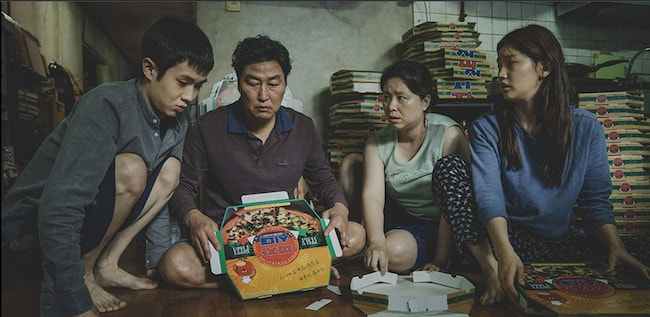
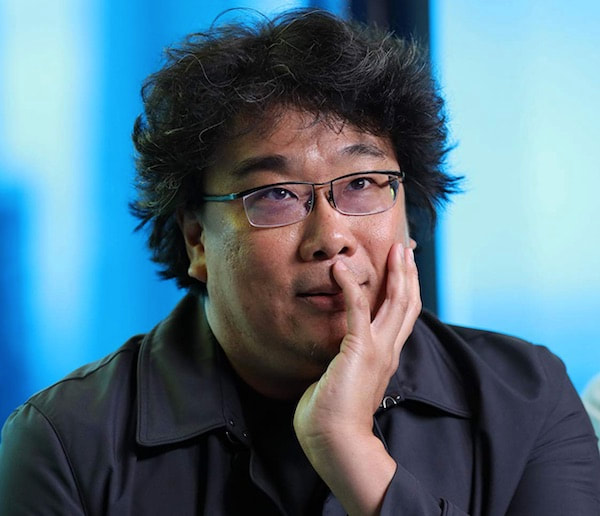
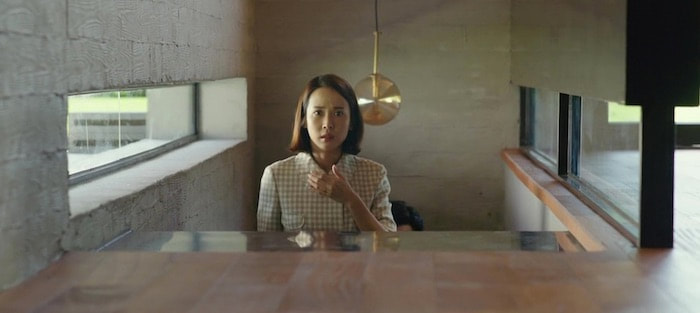
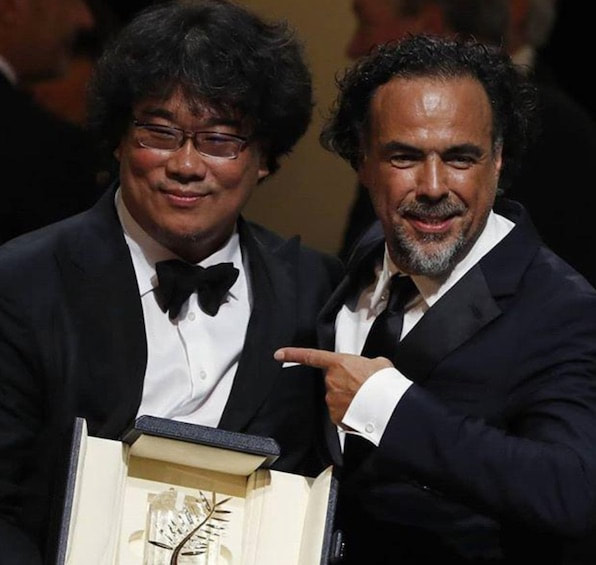
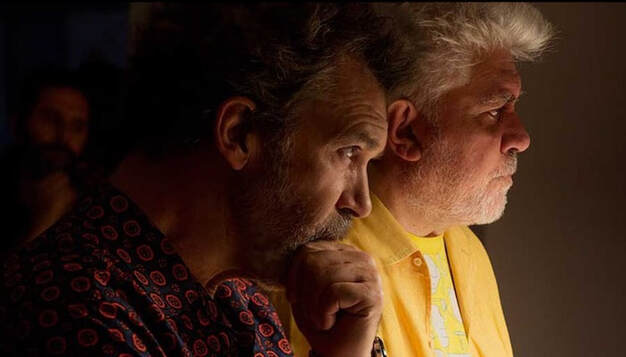

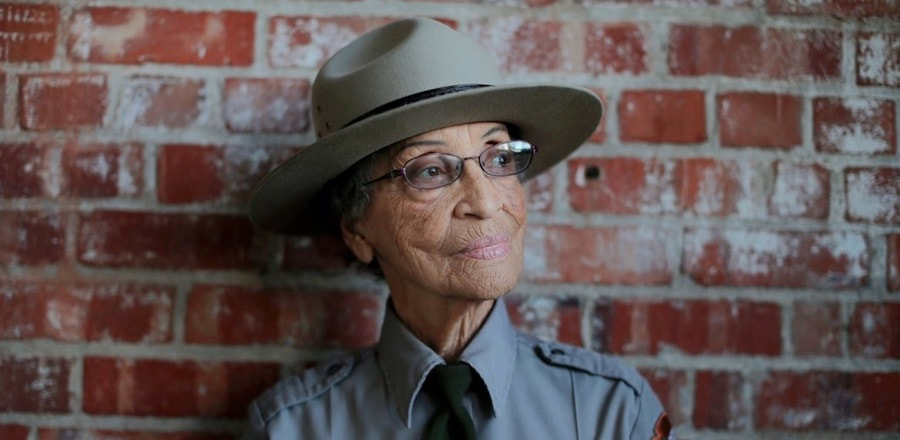


 RSS Feed
RSS Feed